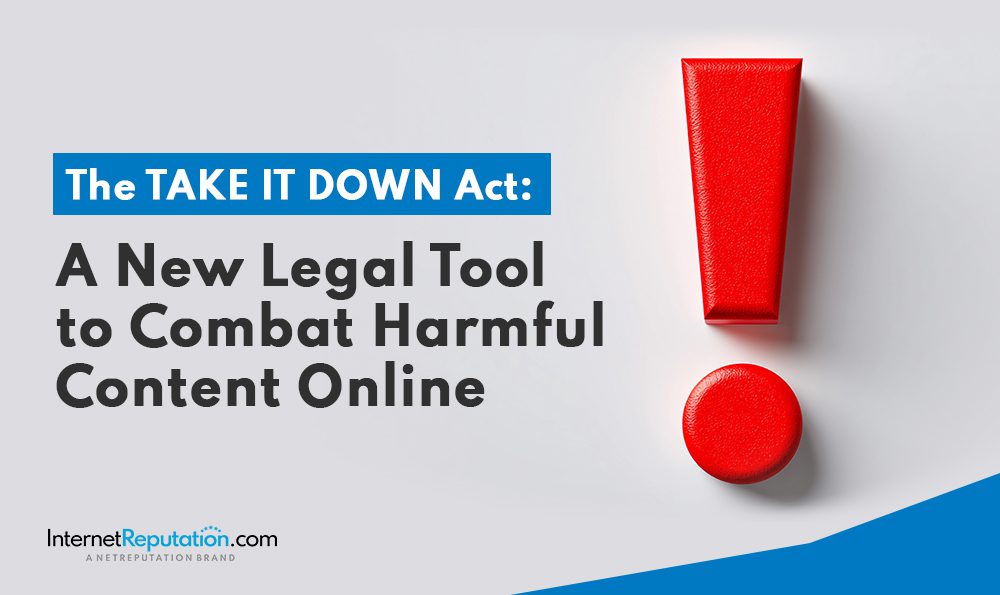7 Reasons Why Google Review Management is a Game-Changer for Your Business

Managing Google reviews with a comprehensive Google review management system is more important than ever. It helps build trust and credibility while boosting your local SEO and improving customer engagement.
What Is Google Review Management?
Google Review Management involves monitoring, responding to, and analyzing reviews across platforms like Google My Business to boost a business’s online reputation. A comprehensive review management tool is crucial for consolidating feedback from various platforms, enabling businesses to monitor and respond to customer feedback efficiently. Businesses can improve trust, enhance customer service, and increase brand visibility by effectively managing customer feedback. The process includes strategies such as review collection, response tactics, sentiment analysis, and automation tools to streamline the process, all aimed at fostering positive customer experiences and increasing engagement.
Why Is Google Review Management Important?
1. Builds Trust and Credibility
Google review management helps businesses build trust by showcasing positive feedback and addressing negative reviews. By consistently delivering excellent service, businesses can foster loyalty, solidify relationships, and attract new customers. Key factors like the frequency of positive reviews, response time, and transparency in handling complaints significantly impact how potential customers view the business. Proactively managing negative reviews can turn dissatisfied customers into brand advocates.
2. Improves Local SEO
Google reviews are crucial for improving local SEO, as positive feedback boosts a business’s search visibility. Good Google reviews can improve a business’s visibility in local search results, particularly on Google Maps. Accumulating good reviews enhances the Google Business Profile, driving more traffic to the business. Both the quantity and quality of reviews influence search engine rankings, signaling reliability to search engines. Businesses can encourage reviews through direct links and follow-up reminders, helping to improve local SEO and build customer loyalty.
3. Increases Customer Engagement
Active Google review management boosts customer engagement by demonstrating a business’s commitment to customer feedback. Responding to reviews, using sentiment analysis, and tailoring responses help build stronger connections with customers, increasing trust and loyalty. Engaging with feedback encourages repeat business and word-of-mouth recommendations, enhancing overall customer satisfaction.
4. Provides Valuable Feedback
Managing Google reviews offers valuable insights into customer preferences and areas for improvement. Google review management software plays a crucial role in automating the collection, monitoring, and response to customer reviews. By analyzing feedback, businesses can identify trends and refine their services. This data-driven approach helps companies make informed decisions, improve customer experiences, and tailor marketing strategies to meet customer needs.
5. Helps Identify Areas for Improvement
Google reviews highlight specific areas for improvement, offering businesses a chance to address pain points and refine their services. Sentiment analysis and structured feedback mechanisms like surveys, focus groups, and social listening provide actionable insights to enhance service quality and customer satisfaction.
6. Boosts Brand Reputation
Effectively managing Google reviews can significantly boost a business’s brand reputation. Positive reviews lead to an improved online presence, which increases trust and loyalty. Proactive review management allows businesses to maintain a competitive edge, as seen in successful case studies where timely responses improved customer ratings and foot traffic.
7. Influences Buying Decisions
Google reviews play a crucial role in influencing customer buying decisions. Practical methods, such as personalized communication and automated services, can encourage customers to leave more Google reviews. Positive feedback acts as social proof, encouraging potential customers to trust a business. By leveraging review automation tools and showcasing testimonials in marketing efforts, businesses can enhance credibility and drive conversions, reinforcing customer trust and influencing purchasing choices.
Setting Up for Success
Setting up a successful Google review management strategy requires a few key steps. First, ensure that your Google Business Profile is complete and up-to-date. This includes adding accurate and consistent business information, such as your business name, address, and hours of operation. Next, optimize your profile by adding high-quality photos and videos that showcase your business and its offerings.
It’s also essential to set up a system for monitoring and responding to reviews. This can be done using Google’s built-in review management tools or by investing in a third-party review management software. Either way, make sure that you have a plan in place for responding to both positive and negative reviews in a timely and professional manner.
Finally, consider setting up a review generation strategy to encourage satisfied customers to leave reviews on your Google Business Profile. This can be done by sending follow-up emails or texts to customers after a purchase or interaction, or by adding a review link to your website or social media profiles.
How To Manage Google Reviews Effectively?
Google Review Management is essential for local businesses aiming to build a positive online reputation. Monitoring and responding to new reviews as part of an effective review management strategy is crucial. By responding to all reviews, whether positive or negative, businesses demonstrate their commitment to customer engagement and satisfaction. Acknowledging both positive feedback and addressing complaints professionally fosters strong relationships with customers and helps shape a more favorable brand image.
Furthermore, encouraging happy customers to leave reviews, whether through automated requests or personalized follow-ups, can significantly boost online reputation and attract new clients. Handling negative reviews promptly and professionally is key to maintaining trust and demonstrating a dedication to service quality.
Regularly monitoring reviews allows businesses to stay on top of customer sentiment and emerging trends, enabling them to adjust strategies accordingly. By utilizing tools like SOCi, RizeReviews, and other review management platforms, businesses can streamline the process, automate tasks, gain valuable insights, and enhance customer engagement. Ultimately, this approach drives business growth and reputation improvement.
Leveraging Review Insights
Google reviews can provide valuable insights into customer satisfaction and areas for improvement. By analyzing your reviews, you can identify trends and patterns that can help you make data-driven decisions about your business.
One way to leverage review insights is to use them to identify areas for improvement. For example, if you notice that multiple customers are complaining about the same issue, such as long wait times or poor customer service, you can use this information to make changes to your business operations.
You can also use review insights to identify strengths and opportunities. For example, if you notice that multiple customers are praising your business for its excellent customer service, you can use this information to highlight this strength in your marketing efforts.
Finally, consider using review insights to inform your marketing strategy. By analyzing your reviews, you can identify the types of language and messaging that resonate with your customers, and use this information to create more effective marketing campaigns.
Measuring Success
Measuring the success of your Google review management strategy requires tracking key metrics and adjusting your approach as needed. Here are a few key metrics to track:
- Review volume: The number of reviews you receive on your Google Business Profile.
- Review rating: The average rating of your reviews, on a scale of 1-5 stars.
- Review response rate: The percentage of reviews that you respond to in a timely and professional manner.
- Customer satisfaction: The percentage of customers who report being satisfied with their experience at your business.
By tracking these metrics, you can get a sense of how well your review management strategy is working, and make adjustments as needed. For example, if you notice that your review volume is low, you may need to adjust your review generation strategy to encourage more customers to leave reviews.
Growing Your Business
A well-executed Google review management strategy can help you grow your business by increasing visibility, building trust and credibility, and driving more customers to your business.
One way to grow your business using Google reviews is to use them to improve your online reputation. By responding to reviews and addressing customer concerns, you can show potential customers that you value their feedback and care about their experience.
You can also use Google reviews to drive more customers to your business. By showcasing positive reviews on your website or social media profiles, you can attract more customers and increase conversions.
Finally, consider using Google reviews to inform your business development strategy. By analyzing your reviews, you can identify areas for improvement and make data-driven decisions about how to grow and expand your business.
What Are The Best Practices for Google Review Management?
Effective Google Review Management is essential for local businesses aiming to build a strong online reputation and foster positive customer experiences. Online reviews play a critical role in influencing customer decisions and enhancing business reputation. To achieve this, it’s important to respond to all reviews in a timely and genuine manner. Positive reviews are crucial in establishing trust and credibility for businesses. By incorporating relevant keywords and location details, businesses can enhance their local SEO, thereby increasing visibility.
Moreover, showing gratitude for positive feedback can encourage customer loyalty. Acknowledging and acting on constructive criticism is also crucial, as it helps businesses continuously improve and meet customer expectations. Consistency and responsiveness in review management are key to maintaining customer trust and engagement.
By actively engaging with reviews, businesses can build lasting relationships with customers. This approach not only improves service quality but also strengthens the overall brand reputation, paving the way for sustained success.



